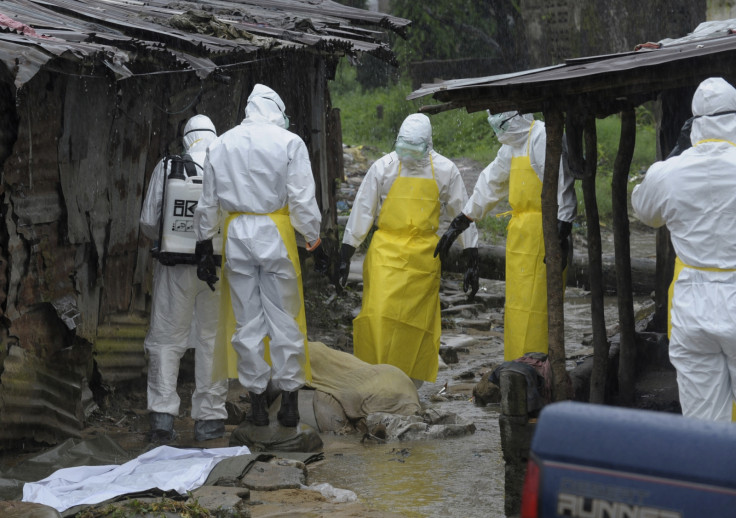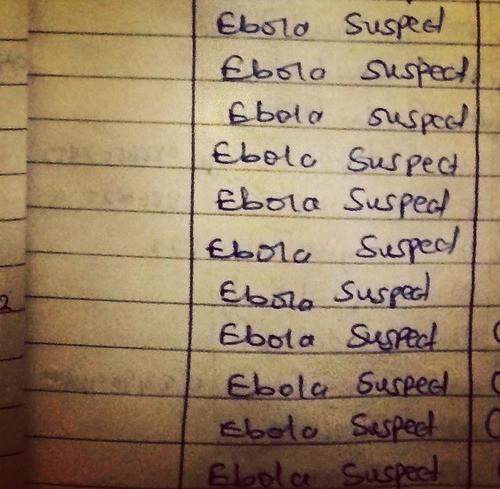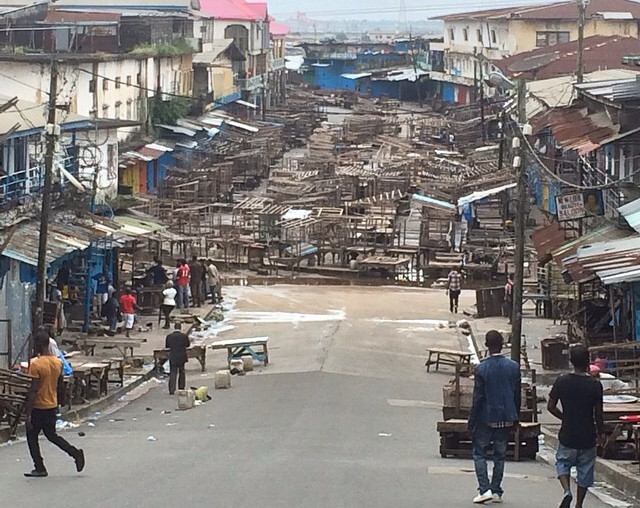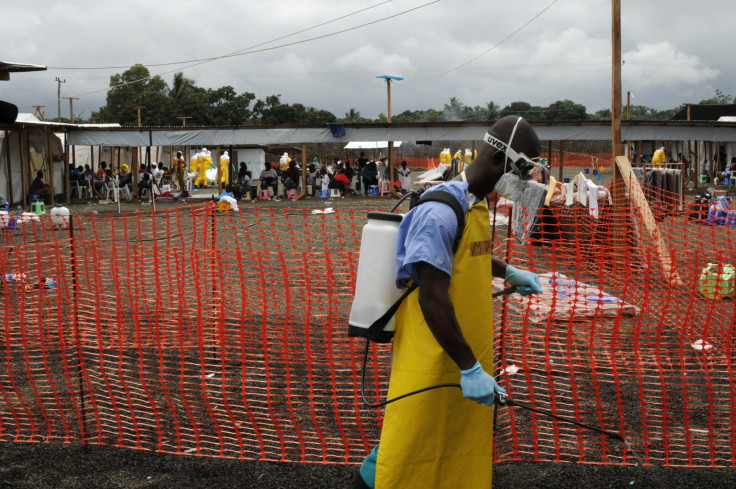Frontline Ebola: Every Time You See the Body Bags it Gets Scarier

The following is an eye-witness account from Katie Meyler, an NGO worker who has been in Liberia on and off for nine years. She is the founder and CEO of More Than Me, an organisation which strives to improve literacy among Liberian girls, and splits her time between the country's capital, Monrovia, and New York.
We heard about Ebola in March, when it was first detected in Liberia. It was a big unknown so there was panic, especially among our staff. We decided to extend our spring break until there was more information. Then it seemed to go away, and we finished the school year as expected.
In June, Ebola reentered the news cycle, and in late July, people started to really worry after the two Americans contracted the virus. There was another wave of panic; President Sirleaf announced that people were to refrain from large gatherings and that any nonessential employees should leave Liberia.
I don't treat victims directly, I'm not a healthcare worker. But I'm working to organise movements of people, so that those who are sick get treatment as soon as possible at the two Ebola clinics. I see the body bags; when you see those, the only thing you feel is disbelief.
It feels like this is a bad, bad dream, like a fog. I can't believe there are really humans in the bags, and that this isn't stopping anytime soon. It just gets scarier and scarier as the days go on.
You hear all kinds of horrible stories every day. One involved a mother and her baby; the baby tested negative but the mother was positive, and died. I was told this story at a Medicin Sans Frontier clinic and the way the guy told the story, I could feel the connection he had with the victim. The infant knew his mum, and was comforted by her. There are so many more stories like this.
Given the nature of my job I have to wear personal protective equipment (PPE) when necessary and protective clothing all the time, including long pants and long sleeve shirts, protective eye wear, boots, and gloves.
Everyone is taking precautions; day-to-day, people are wearing gloves in the street and any public place has a bucket of chlorine water with which everyone must wash their hands before entering.

Understandably, the atmosphere has changed drastically; NGOs have sent international staff home and many Liberians with means have also evacuated the area. Liberians aren't doing their normal handshaking and people are avoiding touching other people when possible.
There is a huge stigma against people with Ebola, or any sickness now. It's causing families to hide their sick in their homes, which defeats the efforts the government, NGOs and community leaders are trying to initiate.
With all these people staying indoors, many of the old cornerstones of the community have shut down. Schools are closed, as are the big markets, although you still see people out and about - people have to make a living and no one is capable of staying in their mostly tiny homes for days on end. Many businesses are closed, and people are just trying to stay alive more than normal.
There is more theft; the manhole cover for the sewage was stolen from outside my house to be sold. People are even stealing car lightbulbs - it's desperate times.

Perhaps most significantly, the healthcare system is totally overwhelmed. Many healthcare workers are now scared to treat anyone. People get sick and no one wants to treat them, whether it's Ebola or just a cold. So people are dying more rapidly of treatable illnesses now, and here are no extra resources available for people to use in the event of illness.
A few amazingly brave doctors and healthcare workers are reopening or continuing to run their clinics, but there isn't enough protective gear to go around, so these people are risking their lives to treat others.
The government is trying to respond to this crisis, but containment is very difficult when it's this widespread, and they are working with limited resources. People have all kinds of things to say about the government, and I really just stay out of it.
I just want to make sure I'm giving everything to do my part. I went to a meeting with the MOH (Minister of Health) and he seemed to be honest and doing everything he could.

What can the rest of us do? Well, the real challenge is getting communities to believe that it's in their own community. That is a much harder hurdle. To agree that Ebola is at your doorstep is a scary realisation to have to make, and I've even seen some people trying to deny the existence of the disease.
Thankfully many local Liberians have really stepped up doing community outreach and education on how to prevent Ebola, and the rest of the society must follow their example.
Although it's easy for parts of the system to fall through the cracks when clinics are short-staffed, we need organization of the entire process from start to finish. If we all work together and take ownership of each part of the process, we call really kick Ebola's butt.
You can find out more about Katie and her work by visiting her personal blog or click on the More Than Me website, where you can get involved and donate to help both the drive for literacy and the fight against Ebola.
You can also support Katie's indiegogo campaign for a new boarding school by the end of the year by clicking on the following link. The fundraising window closes this Friday (12 Sept), all donations appreciated.
© Copyright IBTimes 2025. All rights reserved.



















